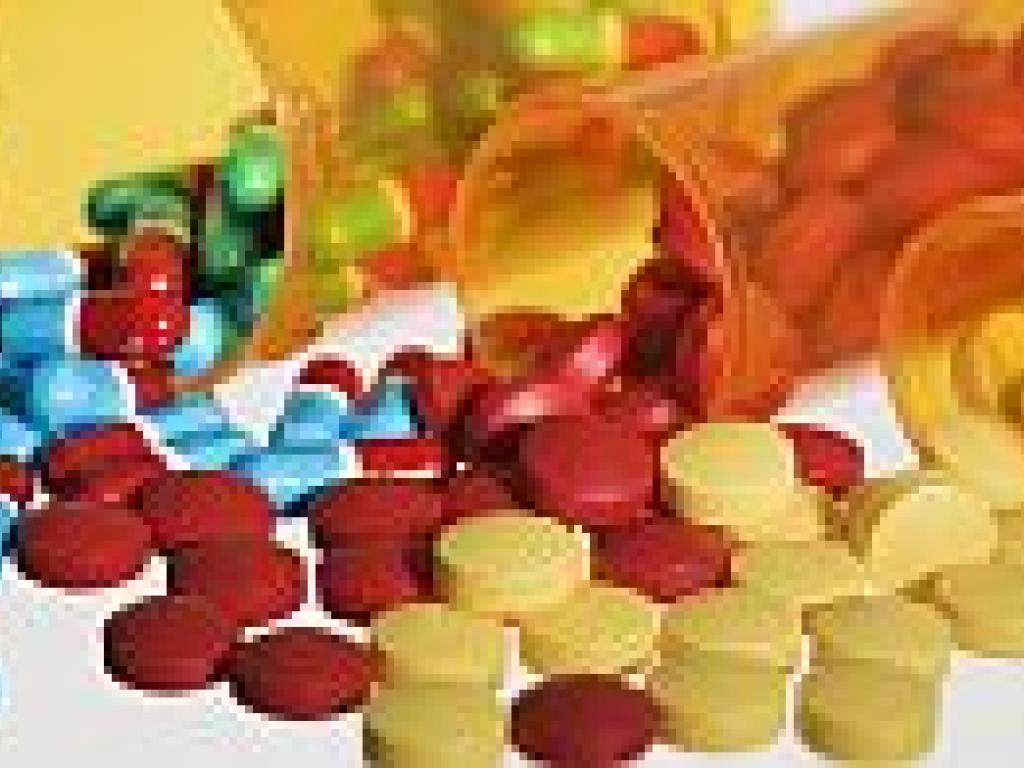Drug Sector Tie-ups "Can Help Cure SA"

Production of drugs in SA instead of outsourcing to countries such as India would dent high unemployment.
Public-private partnerships in the pharmaceutical sector are vital for accelerating job creation and infrastructure development in SA, says malaria researcher Kelly Chibale.
A quarter of South Africans are unemployed, while the country continues to outsource pharmaceutical manufacturing to countries such as India.
The state-owned pharmaceutical firm Ketlaphela is yet to begin production of medicines.
Chibale said collaborative research and development between universities, industry and the government created jobs and infrastructure for economic growth and attracted foreign direct investment.
His state-of-the-art Drug Discovery and Development Centre at the University of Cape Town has developed groundbreaking single-dose drugs that could cure malaria, a disease that kills more than 1,200 people a day.
In 2014‚ MMV048 became the first new antimalaria medicine to enter human studies in Africa.
Chibale started his research with a staff of five postdoctoral graduates that has now multiplied to 58. His budget has also grown.
"It’s not only about solving our health problems but it’s also about creating jobs," he said. "I had an annual operating budget of R4m in 2011 and now I have about R66m to work with."
For every five scientist jobs, eight were created indirectly among suppliers, with seven additional jobs created in the broader community.
Chibale said about 70% of the centre’s funds came from foreign direct investment, while the pharmaceutical sector and the science and technology department had also contributed.
A survey conducted by the Human Sciences Research Council found that SA spent R23.871bn on research and development in 2013 to 2014. This was less than that spent in previous years.
In February, a BMI Research report said South African generic drugmakers stood to benefit from the introduction of a more efficient regulator.
The South African Health Products Regulatory Agency was due to replace the Medicines Control Council in April to tackle the backlog of registration of new medicines, but was yet to materialise.
BMI estimated generic drug sales in SA totaled R16.2bn in 2016 and were expected to increase to R40bn by 2026, equating to a compound annual growth rate of 9.5%.
By Michelle Gumede
